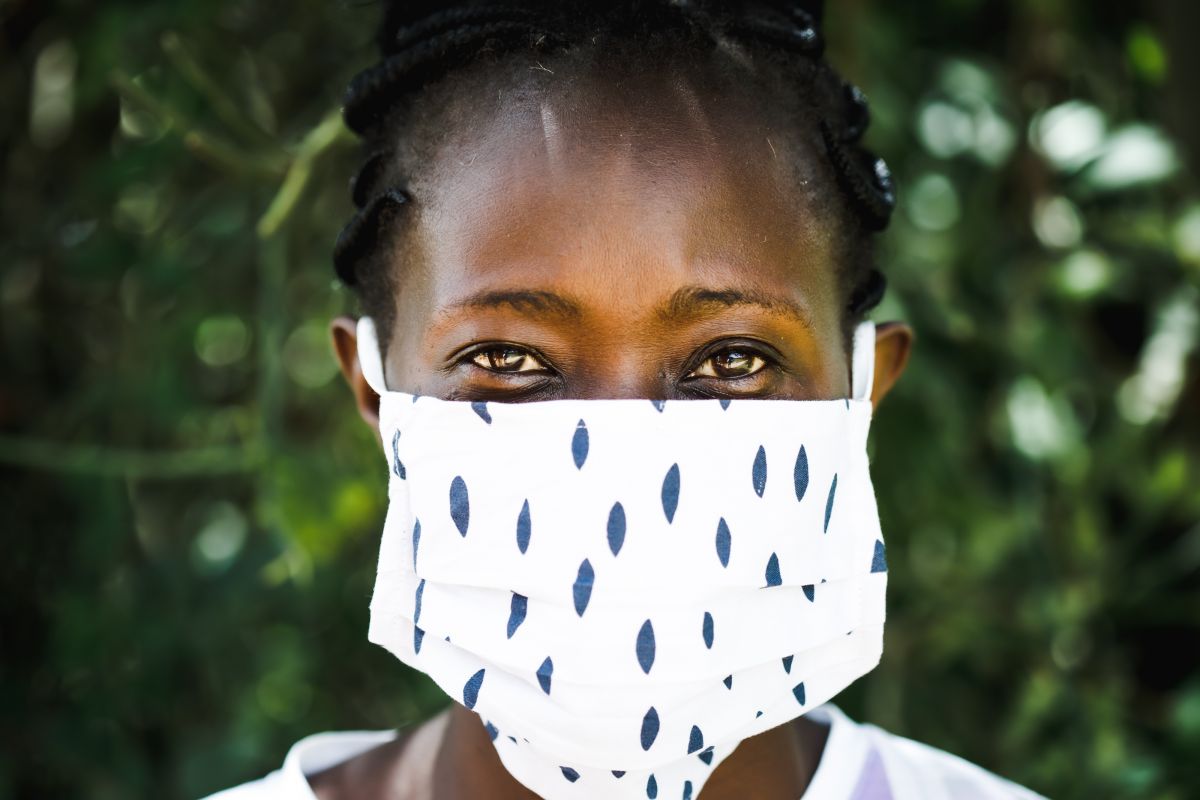
Big Life rangers are used to unseen danger, whether it’s tracking armed poachers or unexpected encounters with wild animals. But a virus is a different kind of enemy, and needs a different kind of approach.
Big Life’s conservation success over the years has been built on an honest and open relationship with local communities, ensuring that the needs of humans are treated with the same importance as wildlife conservation. It’s the core of our ethos: if conservation supports the people, then people will support conservation.
Local employment for community rangers is a big part of this support, but it goes much further. It’s also about providing education and healthcare. So if it seems odd that we facilitate mobile health clinics, it shouldn’t.
Especially now.
It is still very early days of COVID-19 in our ecosystem and in Kenya, but the odds are high that it’s more widespread than we know. Recent curfew orders have limited travel to and from hotspot areas, but there was a lot of human movement before these restrictions went into effect.
To help curb the spread in our community, our already established Community Health Volunteers (CHV’s) are educating people on how the virus spreads, how to prevent it, and why staying home is so essential. These volunteers are a trusted resource, who typically work in the community to distribute information about many important health issues, such as family planning.
Thanks to support from CHASE Africa and the Leila and Mickey Straus Family Foundation, Big Life supports 34 CHV’s working across our area of operation. To keep these critical workers safe these same partners are providing funds for Personal Protective Equipment (PPE), including face masks, gloves, sanitizer and soap. Thanks to these and all of our generous supporters during this challenging time.
To everyone else in Greater Amboseli, we encourage you to:
- Stay home
- Wash your hands frequently
- Avoid gatherings of 10 or more people
- Cough into your elbow
- Keep sick family members isolated
We’re all in this together.
